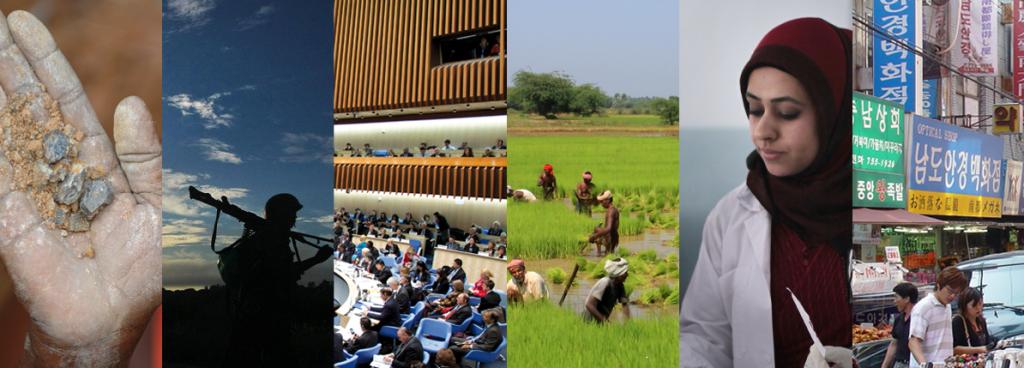Abstract
The African continent is the site of the largest growth in commercial farming ventures, leading the world in the proportion of land put to this use. Demand for African agricultural land saw a very rapid acceleration in a short period of time in 2008-09, with a more than tenfold increase in over the course of little more than one year. In this talk, I will examine cases from Sierra Leone and Liberia where vast tracts of land previously devoted to subsistence agriculture were leased to the same foreign multinational company, for periods lasting longer than several generations, leading to conflicts between the company and local farmers. I examine phenomenological aspects of changing spatiotemporal experiences of agrarian landscapes, particularly in the context of concessions that are more potential than actual, as only a fraction of leased land is developed. In sites where this has happened, the shift from intercropped, small plots to vast monocultures can produce traumatic disorientation among agrarian communities inhabiting these transformed landscapes, as well as moves to carve out more familiar and productive spaces.
About the Speaker
Mariane Ferme is professor of anthropology at the University of California, Berkeley, and curator of African ethnology at the Hearst Museum of Anthropology. She also has taught at the University of Cambridge (2000-2003), and is a member of the editorial collectives of Hau: Journal of Ethnographic Theory, and of Cahiers d’Études Africaines.
Her current research focuses on the impact of large-scale commercial agricultural leases (or so-called “land grabs”) on rural landscapes in West Africa, and on efforts to legally empower farming communities to frame the terms of these contracts. Her most recent book, Out of War: Violence, Trauma, and the Political Imagination in Sierra Leone (2018) analyzes the qualities of time in war. From the acceleration of humanitarian emergencies to the belatedness with which trauma is experienced, the book focuses on particular chronotopes of war, meaning the emergence of particular cultural or linguistic figures that become markers of distinct spatiotemporal mnemonic markers in the 1991-2002 civil war in the country. She also is the author of The Underneath of Things: Violence, History and the Everyday in Sierra Leone (2001), and of a number of articles and book chapters on the topics of electoral and chiefdom politics in West Africa, material and aesthetic cultures, and humanitarian governance. Her research has been supported by the National Science Foundation, Fulbright-Hays, the Harvard Academy for International and Area Studies, and she has held visiting appointments at University College, London, the École des Hautes Études en Sciences Sociales and the Fondation de la Maison des Sciences de l’Homme, Paris, and the Jacques LeClerq Chair at the Catholic University of Louvain (Belgium).




